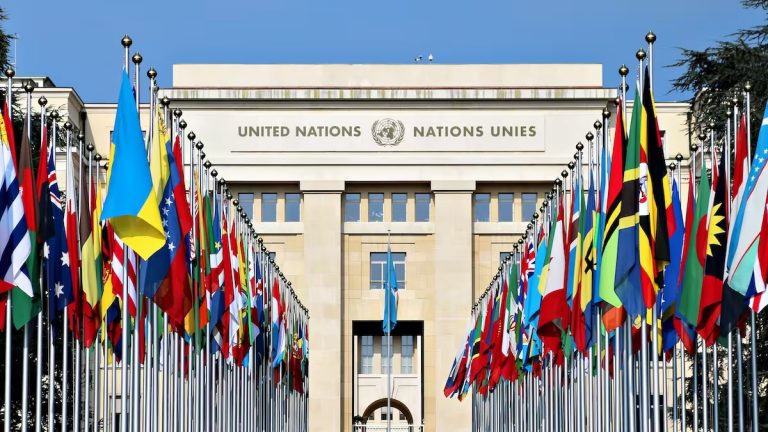
The United Nations’ Agenda 2030 is a global plan of action for sustainable development that aims to end poverty, protect the planet and ensure peace and prosperity for all. It consists of 17 goals and 169 targets that cover a wide range of social, economic and environmental issues, such as health, education, gender equality, climate change, biodiversity and human rights.
The Agenda 2030 was adopted by all 193 member states of the United Nations in September 2015, after a process of extensive consultations and negotiations. It is a universal, integrated and transformative vision that recognizes the interdependence of the three dimensions of sustainable development: economic, social and environmental. It also emphasizes the importance of partnerships, cooperation and solidarity among all stakeholders, including governments, civil society, private sector, academia and media.
Some goals of UN 2030 Agenda are:
No Poverty: End poverty in all its forms everywhere. Zero Hunger: End hunger, achieve food security and improved nutrition and promote sustainable agriculture.
Register for Tekedia Mini-MBA edition 19 (Feb 9 – May 2, 2026): big discounts for early bird.
Tekedia AI in Business Masterclass opens registrations.
Join Tekedia Capital Syndicate and co-invest in great global startups.
Register for Tekedia AI Lab: From Technical Design to Deployment (next edition begins Jan 24 2026).
Good Health and Well-being: Ensure healthy lives and promote well-being for all at all ages. Quality Education: Ensure inclusive and equitable quality education and promote lifelong learning opportunities for all.
Gender Equality: Achieve gender equality and empower all women and girls. Clean Water and Sanitation: Ensure availability and sustainable management of water and sanitation for all.
Affordable and Clean Energy: Ensure access to affordable, reliable, sustainable and modern energy for all. Decent Work and Economic Growth: Promote sustained, inclusive and sustainable economic growth, full and productive employment and decent work for all.
Industry, Innovation and Infrastructure: Build resilient infrastructure, promote inclusive and sustainable industrialization and foster innovation. Reduced Inequalities: Reduce income inequality within and among countries.
Sustainable Cities and Communities: Make cities and human settlements inclusive, safe, resilient and sustainable. Responsible Consumption and Production: Ensure sustainable consumption and production patterns.
Climate Action: Take urgent action to combat climate change and its impacts. Life Below Water: Conserve and sustainably use the oceans, seas and marine resources for sustainable development.
Life on Land: Protect, restore and promote sustainable use of terrestrial ecosystems, sustainably manage forests, combat desertification, halt and reverse land degradation and halt biodiversity loss.
Peace, Justice and Strong Institutions: Promote peaceful and inclusive societies for sustainable development, provide access to justice for all and build effective, accountable and inclusive institutions at all levels.
Partnerships for the Goals: Strengthen the means of implementation and revitalize the global partnership for sustainable development.
The Agenda 2030 is not a legally binding document, but a political commitment and a moral obligation for the international community. It requires a collective effort and a shared responsibility to achieve its ambitious goals and targets. It also calls for a follow-up and review mechanism to monitor progress, identify challenges and gaps, and ensure accountability and transparency.
One of the UN’s main goals is to achieve sustainable development, which means meeting the needs of the present without compromising the ability of future generations to meet their own needs.
Sustainable development has three dimensions: economic, social and environmental. The UN has adopted a set of 17 Sustainable Development Goals (SDGs) that cover a wide range of issues, such as poverty, hunger, health, education, gender equality, clean energy, climate change, biodiversity, peace and justice. The SDGs are interconnected and indivisible, meaning that progress in one area affects and depends on progress in another.
The UN and its partners are working to implement the SDGs by 2030, through a global partnership that involves governments, civil society, private sector, academia and individuals. The SDGs are not only a moral obligation, but also a smart investment for a more prosperous, resilient and inclusive world. By achieving the SDGs, we can end poverty, protect the planet and ensure peace and prosperity for all.
The Agenda 2030 is a historic opportunity to shape a better future for humanity and the planet. It is also a challenge that demands innovation, creativity and courage. It is up to us to make it happen.



